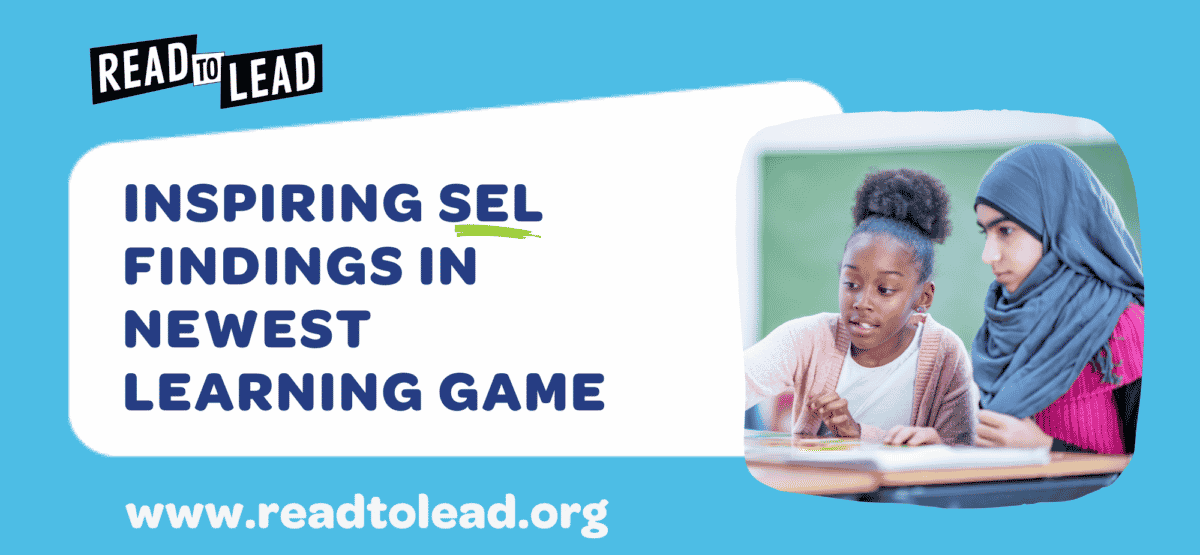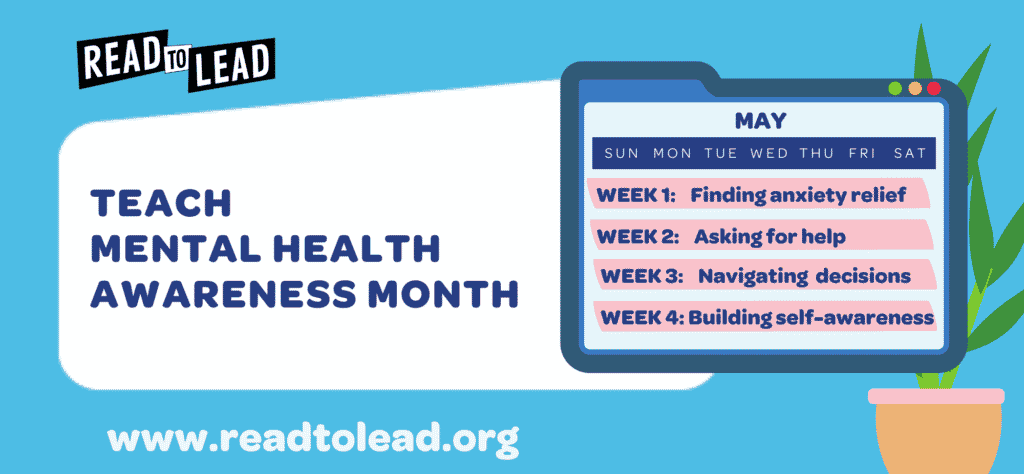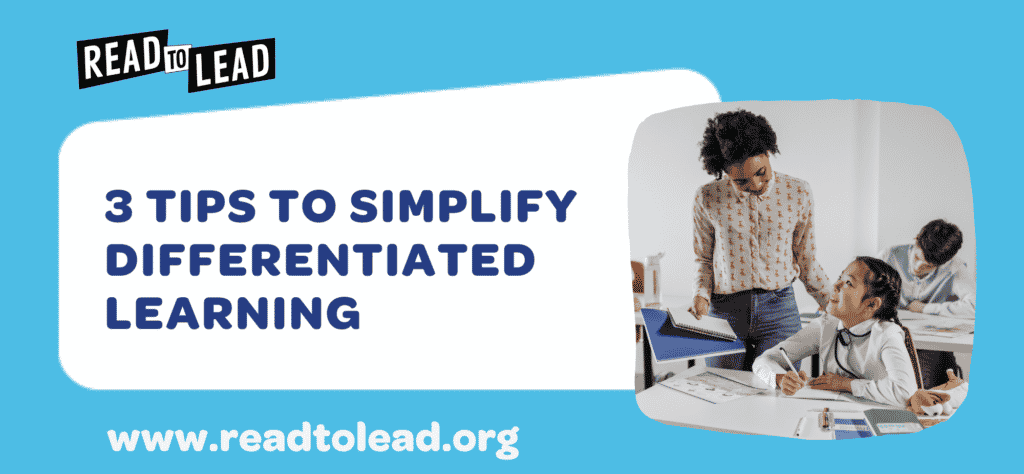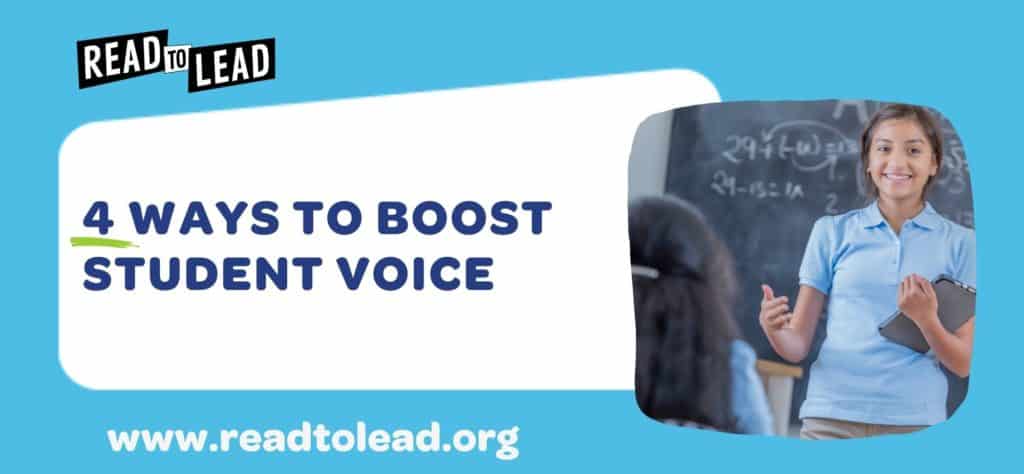
At Read to Lead, each online learning game is designed to meet middle school students where they are, supporting them as they navigate the unique period in their lives leading up to high school. In addition to helping them boost their literacy skills, Read to Lead learning games empower students to develop their social and emotional learning (SEL) skills, helping them strengthen their self awareness, self management, social awareness, relationships skills, and decision-making capabilities – all in alignment with the CASEL framework.
This year, Read to Lead collaborated with the University of Pittsburgh School of Pharmacy’s faculty and students to launch a new learning game series called Community Pharmacy. In Community Pharmacy, middle school students have the opportunity to play the role of the Head Pharmacist, leading a diverse team that includes a pharmacy technician, a nurse practitioner, a resident researcher, and a student pharmacist. As “the boss,” they must learn to solve everyday challenges in a pharmacy career world, whether it’s re-evaluating a pediatric patient’s asthma prescription or figuring out why a patient with lupus keeps showing up at the ER.
During a Read to Lead pilot session, supported through a grant from the Max and Lorayne Cooper Foundation, fifteen middle school students from Tarrant, Alabama played Community Pharmacy for the first time and shared with us their feedback. For 5th grader Kamden, the online learning game gave him a more in-depth look into a pharmacist’s job and made him consider the choices he might make in the future. He said the most important skills he learned were “how to be a leader and how to say the right things to people.” 6th grader Maleah shared that the experience made her reflect on what it means to make the right decision and learn to take advice from other people.
The Read to Lead team assessed the impact of the learning game on the students’ SEL skills by having them fill out a survey before and after they played. The results showed that the most significant improvements were in the areas of self-management (such as getting through something even when they feel frustrated) and relationship skills (such as getting along with classmates). Additionally, 93% of students said they felt they had improved both their literacy and social and emotional skills, and 100% said they would recommend Read to Lead to a friend.
“The Community Pharmacy pilot session in Tarrant, Alabama reinforced for us the incredible potential that all of our students have in developing their social and emotional learning skills, in combination with their reading and writing skills,” shared Juliana Hess, Director of Research and Learning Design. “I was thrilled to see that the students immediately took to our newest learning game and were fully engaged and immersed throughout their Read to Lead experience. They also enjoyed making decisions and discussing how their decisions affected other characters within the game.”
While there are many digital tools available that track students’ academic success in real time, Read to Lead is leading the way in evaluating social emotional skills development, which often goes un-assessed. Through an educator’s SEL dashboard, they can see how their students are responding to in-game decisions and self-reflective journaling prompts and differentiate their instruction accordingly. This new feature was made possible through a partnership with Digital Promise and support from the S & L Marx Foundation. As Read to Lead’s learning games expand into new career worlds, social emotional learning and growth will continue to be a core component, ensuring that middle school students have a toolkit of skills to succeed at school and in life.
About Read to Lead
Read to Lead uses the power of game-based learning to empower middle school students to build literacy, life, and career skills. Teachers can sign up for a free account to get started!


